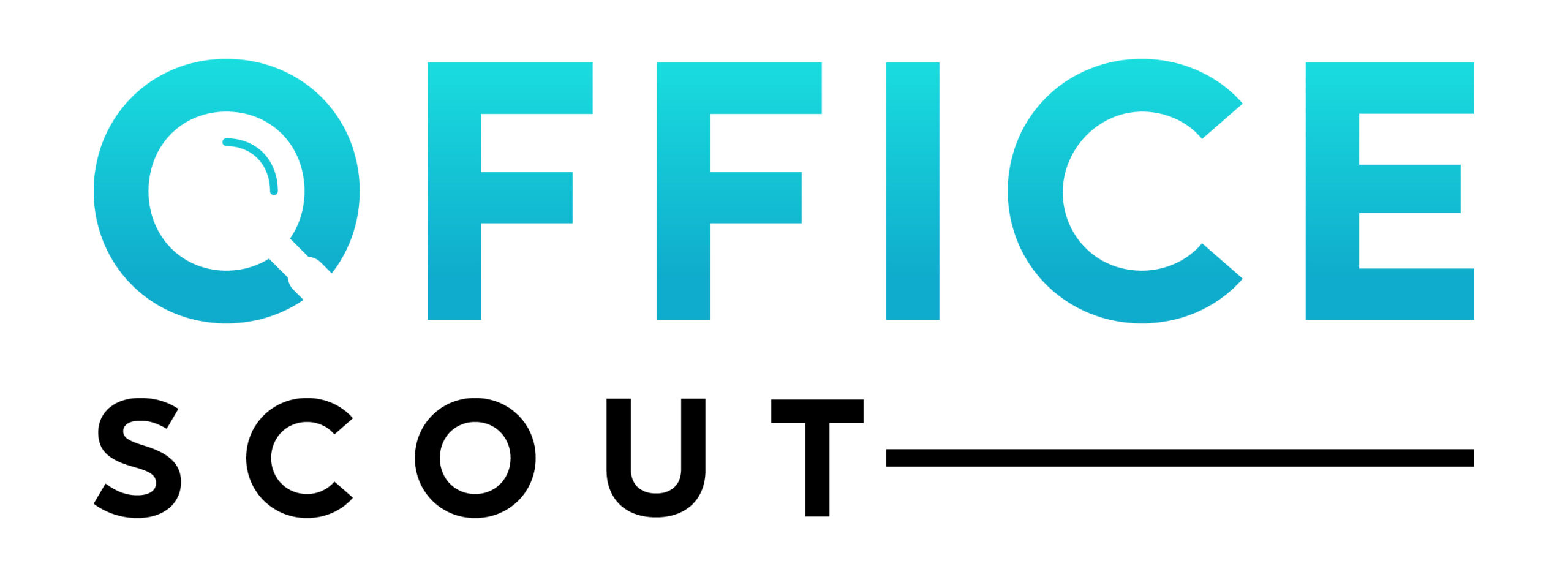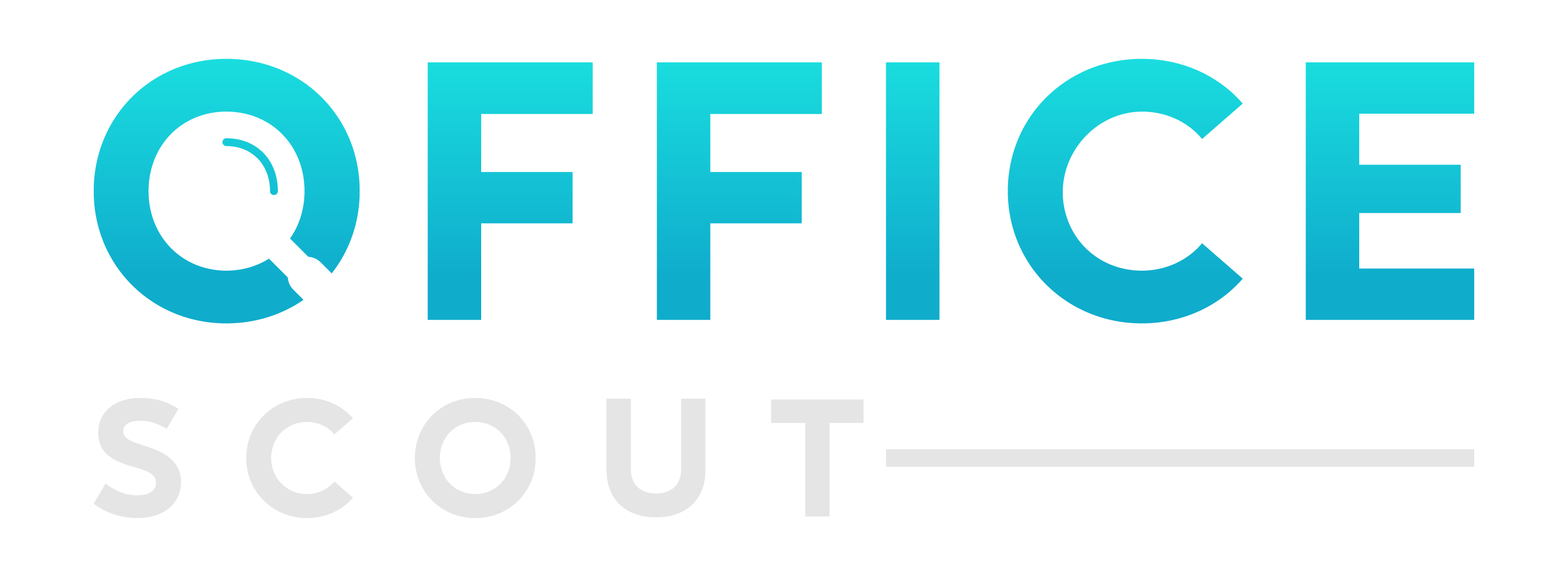The Future of Recruitment: How AI Will Transform the UK Job Market Over the Next Decade
The recruitment industry in the UK is on the cusp of a significant transformation, driven by advancements in artificial intelligence (AI). Over the next ten years, AI will reshape how businesses identify, attract, and hire talent, making the recruitment process more efficient, accurate, and candidate-friendly. From automating administrative tasks to enhancing candidate matching, AI’s impact will be profound and multifaceted. Here’s a comprehensive look at how AI will affect the recruitment business in the UK over the next decade.
1. Streamlining Administrative Tasks
One of the most immediate and noticeable impacts of AI in recruitment is the automation of administrative tasks. Currently, recruiters spend a considerable amount of time on mundane activities such as scheduling interviews, sending follow-up emails, and managing candidate databases. AI-powered tools can automate these processes, allowing recruiters to focus on more strategic activities.
For example, AI scheduling assistants can coordinate interviews by finding mutually convenient times for all parties involved, significantly reducing the back-and-forth typically required. Similarly, AI chatbots can handle initial candidate inquiries and provide instant responses, ensuring a seamless and responsive candidate experience. This automation not only increases efficiency but also enhances the candidate journey, leading to higher satisfaction rates.
2. Enhancing Candidate Sourcing and Screening
AI has the potential to revolutionize how recruiters source and screen candidates. Traditional methods of candidate sourcing often rely on job boards and manual searches, which can be time-consuming and limited in scope. AI algorithms, however, can scan vast amounts of data across various platforms, including social media, professional networks, and niche job sites, to identify potential candidates who match the job requirements.
In terms of screening, AI can analyze CVs and application forms much faster and more accurately than human recruiters. By using natural language processing (NLP) and machine learning, AI systems can identify key skills, experiences, and qualifications, ranking candidates based on their suitability for the role. This not only speeds up the recruitment process but also reduces human biases, ensuring a fairer and more objective evaluation of candidates.
3. Improving Candidate Matching
AI-driven candidate matching is set to be a game-changer in the recruitment industry. Traditional recruitment often relies on keyword matching and manual assessments, which can miss out on suitable candidates whose CVs don’t precisely match the job description. AI, however, can analyze the broader context of a candidate’s experience and skills, identifying transferable skills and potential for growth.
For instance, AI can evaluate a candidate’s soft skills and cultural fit by analyzing their communication style and social media interactions. This holistic approach ensures that candidates are not only technically qualified but also a good fit for the company culture, leading to better long-term hires and reduced turnover rates.
4. Enhancing Diversity and Inclusion
One of the most promising aspects of AI in recruitment is its potential to enhance diversity and inclusion. Human biases, whether conscious or unconscious, can significantly impact hiring decisions, often to the detriment of diversity. AI can help mitigate these biases by focusing solely on candidates’ skills and qualifications.
AI tools can anonymize applications, removing information such as names, ages, and genders that could lead to biased decisions. Additionally, AI can analyze company data to identify patterns of bias in hiring practices and suggest improvements. By promoting a more diverse and inclusive hiring process, AI can help companies build stronger, more innovative teams.
5. Providing Predictive Analytics
Predictive analytics is another area where AI will have a significant impact on recruitment. By analyzing historical hiring data and current market trends, AI can predict future hiring needs and identify the most effective recruitment strategies. This enables companies to be more proactive in their talent acquisition efforts, reducing time-to-hire and ensuring they have the right talent in place to meet future challenges.
For example, AI can forecast which roles are likely to become critical in the near future based on industry trends and internal company data. This allows businesses to build talent pipelines and succession plans, ensuring they are prepared for future growth and changes.
6. Enhancing Candidate Experience
The candidate experience is becoming increasingly important in the recruitment process. Candidates today expect a smooth, transparent, and engaging hiring process. AI can significantly enhance the candidate experience by providing personalized interactions and timely updates.
AI chatbots can guide candidates through the application process, answering questions and providing feedback. Personalized communication, driven by AI, ensures candidates feel valued and informed at every stage of the process. This can lead to higher candidate satisfaction and a stronger employer brand, making it easier to attract top talent.
7. Continuous Learning and Adaptation
AI systems continuously learn and adapt based on new data, ensuring they remain effective and relevant over time. This means that AI-powered recruitment tools will only get better at identifying and attracting the right candidates. As these systems gather more data, they can refine their algorithms, improving accuracy and efficiency.
Recruiters can leverage these insights to make data-driven decisions, enhancing their strategies and improving overall hiring outcomes. The ability to continuously learn and adapt ensures that AI will remain a valuable tool for recruitment in the long term.
Conclusion
The integration of AI into the recruitment industry in the UK over the next ten years will bring about significant changes, transforming how companies attract, evaluate, and hire talent. From automating administrative tasks and enhancing candidate matching to promoting diversity and providing predictive analytics, AI will make the recruitment process more efficient, fair, and candidate-friendly.
However, it is crucial for companies to approach AI integration thoughtfully. While AI offers numerous benefits, it is essential to ensure that these technologies are used ethically and transparently. Companies must strike a balance between automation and the human touch, ensuring that AI enhances rather than replaces the personal elements of recruitment.
As the recruitment landscape evolves, businesses that embrace AI and adapt to these changes will be well-positioned to attract and retain top talent, driving their success in the competitive UK job market of the future.


